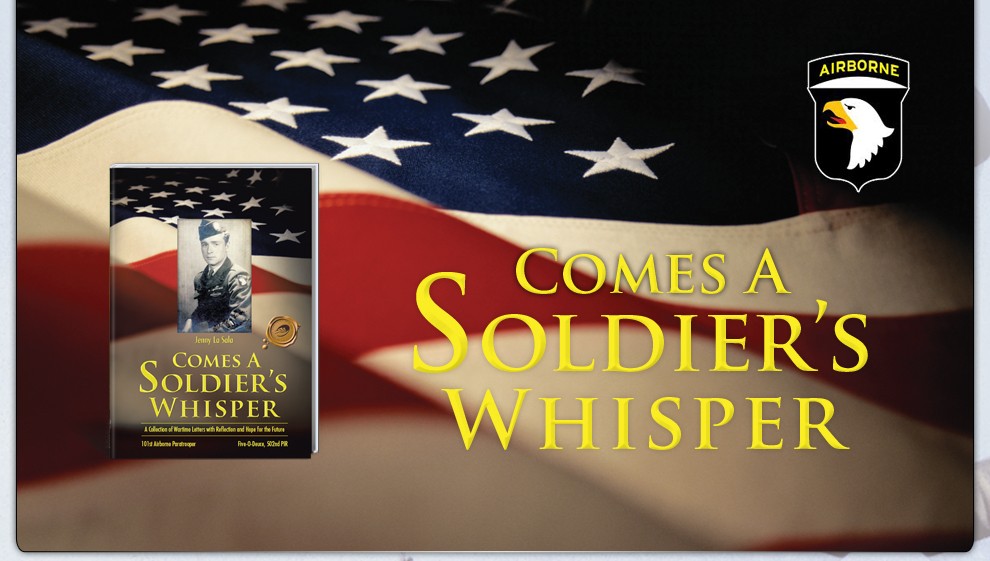Support Our Troops (PTSD)



SUPPORT OUR TROOPS AND VETERANS
During the Tet Offensive in Vietnam on January 31, 1968, Jim Markson witnessed horrific things. After a poor reception at home, he put his service behind him. Many years later, he learned one of his military buddies had died of a drug overdose and another by suicide. Jim finally sought and found relief and support by going to the VA and began counseling after 30 plus years to deal with his combat stress and loss. PTSD is a silent weapon attacking our soldiers of yesterday, today and tomorrow affecting the soldier and his loved ones. Jim Markson’s story is now shared in the book, Vietnam & Beyond. Visit Trafford.com, Barnes & Noble or www.VietnamAndBeyond.com
My father, David Tharp also suffered from the silent post traumatic stress disorder from WWII and briefly speaks of the survivor’s guilt in his letters. He even refrained from wearing his ribbons and medals until a Colonel told him to wear them. Although the men returning from WWII received a heroes welcome, this did not address the PTSD that accompanied them.
Our younger brother, David Livingston Tharp who served in the Persian Gulf spoke to our father about having guilt serving during peaceful times, just as Jim Markson mentions in the above interview, “having it made until the TET OFFENSIVE struck. Our dad was quick to remind him that was just as stressful never knowing when the opposition could attack. Although this insight helped our brother temporarily, after our father’s passing, he went into a full blown out depression and weight gain from 200 to 400 pounds. Many men like our father, brother, Jim Markson and countless others like them did not immediately seek help with the VA, but tried to self heal in the only way they knew how by just living their lives. But that is not enough, as often PTSD is triggered by additional loss down the road, such as a family member or friend’s passing or job loss…
We need a boot camp kind of push to consistently improve the transition of all military as well as the families of the returning soldier’s ultimate return back to civilian life, working through each phase of emotions-or lack thereof-somewhat the way a diver decompresses slowly before resurfacing.
For Caregiver & Veteran Support Services, please visit the following links:

